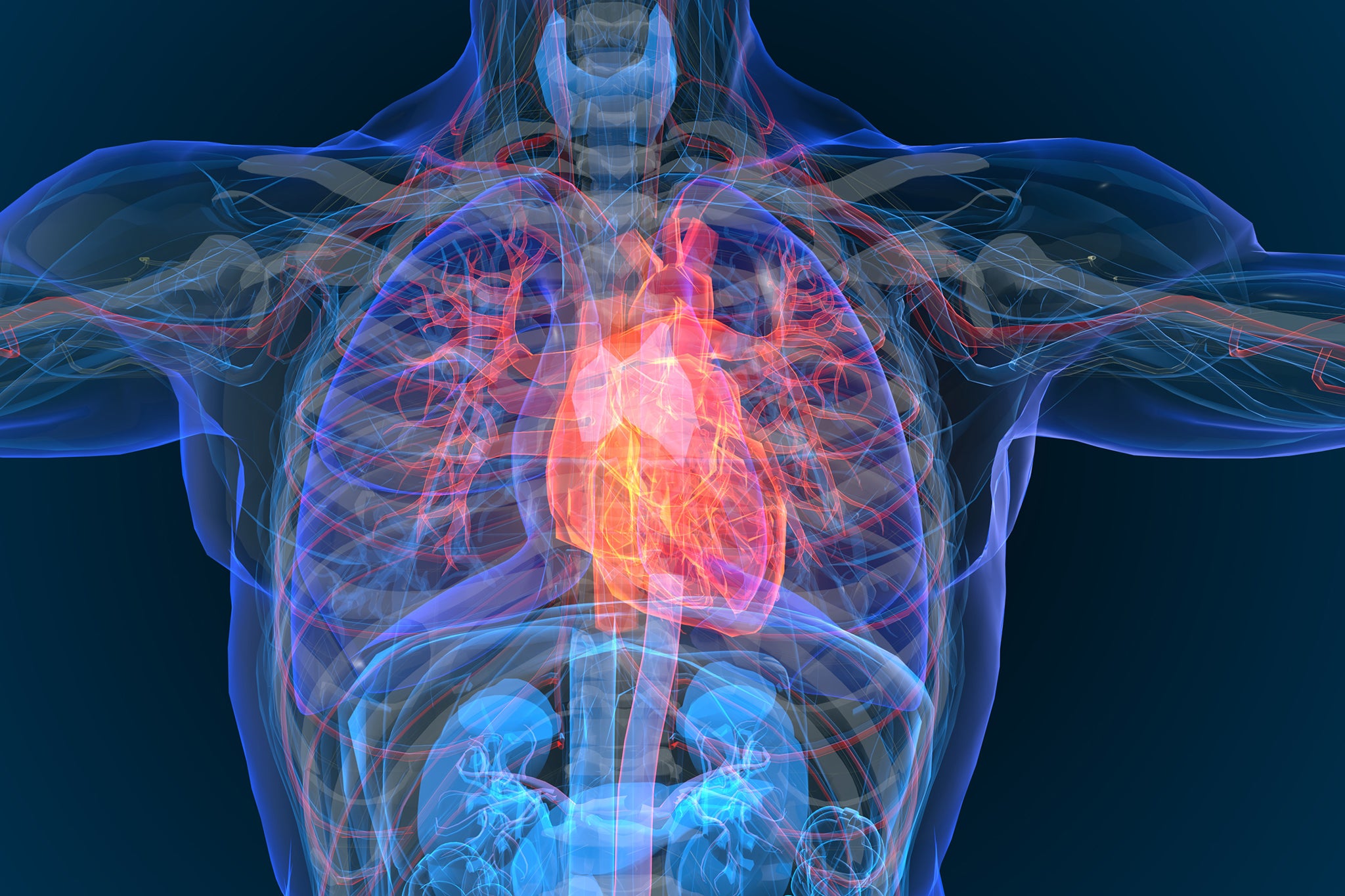Inflammation could be a key factor in explaining why some women experience heart attacks and strokes despite having none of the usual risk factors, researchers say.
Many women who suffer major cardiovascular events, such as heart attacks and strokes, often do not present with what are thought to be typical risk factors like high blood pressure, high cholesterol, diabetes, or a history of smoking.
The insight comes from researchers presenting at the European Society of Cardiology meeting in Madrid, following a three-decade study.
Published in the European Heart Journal, the study tracked 12,530 initially healthy women who lacked these traditional risk factors.
The women who started the study with elevated levels of an inflammation marker called C-reactive protein, or CRP, as measured by a high-sensitivity test, had a 77 per cent increased lifetime risk of coronary heart disease, a 39 per cent increased lifetime risk of stroke, and a 52 per cent increased lifetime risk of any major cardiovascular event compared to women with lower CRP.

High levels on the high sensitivity test were defined as greater than three milligrams per litre of blood.
An observational study like this one can’t prove that inflammation caused the cardiovascular events. It is well known, however, that over time, even low levels of inflammation can promote the growth of plaques in arteries, loosen those plaques and trigger the blood clots that are the primary causes of heart attacks and strokes.
“Our data clearly show that apparently healthy women who are inflamed are at substantial lifetime risk,” study leader Dr. Paul Ridker of Mass General Brigham’s Heart and Vascular Institute said.
Symptoms of a heart attack
NHS
Symptoms of a heart attack can include:
- chest pain – a feeling of pressure, heaviness, tightness or squeezing across your chest
- pain in other parts of the body – it can feel as if the pain is spreading from your chest to your arms (usually the left arm, but it can affect both arms), jaw, neck, back and tummy
- feeling lightheaded or dizzy
- sweating
- shortness of breath
- feeling sick (nausea) or being sick (vomiting)
- an overwhelming feeling of anxiety (similar to a panic attack)
- coughing or wheezing
“We should be identifying these women in their 40s, at a time when they can initiate preventive care, not wait for the disease to establish itself in their 70s, when it is often too late to make a real difference,” he said.
Looking back at data from earlier randomised trials, his team also found that statin drugs can cut the risk of heart attack and stroke by more than one-third for women with inflammation who don’t have the usual cardiovascular risk factors.
“While those with inflammation should aggressively initiate lifestyle and behavioural preventive efforts, statin therapy could also play an important role in helping reduce risk among these individuals,” Ridker said.







